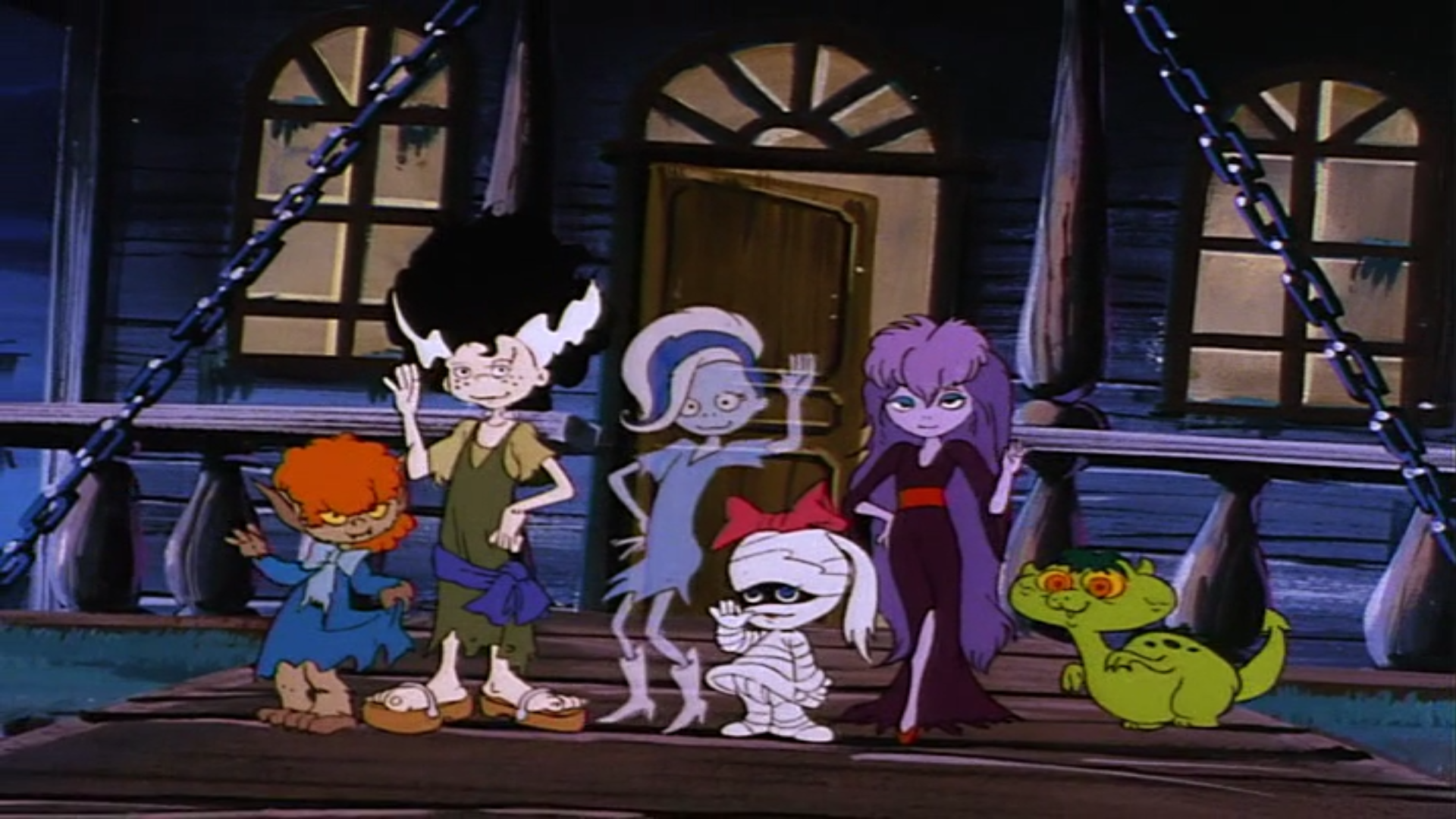When choosing a case to demonstrate the grit and tenacity of Thurgood Marshall, Marshall didn’t choose a behemoth, such as Brown v. the Board of Education. Instead, Marshall examines a lesser known case: The State of Connecticut v. Joseph Spell. It’s a classic “he said, she said” in which Eleanor Strubing (Kate Hudson), a rich, white socialite, alleges that her chauffer Joseph Spell (Sterling K. Brown) raped her in her home, and then drove her out to a reservoir in an attempt to drown her. Marshall (Chadwick Boseman), a young NAACP lawyer, eagerly takes on the case. What follows is a compelling courtroom drama, full of surprising reveals, and politics skewed by Northern racism. Truly, what makes the movie dynamic is its relentless backdrop of the Jim Crow era, and the beginning of the Second World War.
From the carefully constructed costumes to details such as smoking indoors, segregated water fountains, and slurs thrown around for both African Americans and Jewish people alike, once Marshall takes you into the 1940s, it firmly places you there. There are lighthearted reminders of the time as well, such as the cameo by Langston Hughes (Jussie Smollett) and Zora Neale Hurston (Rozonda “Chili” Thomas). These scenes serve to remind the audience of who Thurgood Marshall is to his community, despite the fact that he’s a long way from becoming the first black Supreme Court Justice. The work he does pulls him from jazz clubs and a comfortable life to constant danger and racist encounters.
Despite the film’s title, the greatest character development arc is that of Sam Friedman (Josh Gad), an insurance lawyer roped into arguing his first criminal case. Reluctant to help, he finds himself with no other option once Judge Foster (James Cromwell) prohibits Marshall from speaking during the trial. The anti-Semitic and anti-black sentiments that surround the two men in the courtroom and follow them throughout Connecticut form an unlikely basis to their partnership. A role of this caliber is a huge deviance from Gad’s normal filmography, yet he rises to the challenge.
Although this movie tackles difficult topics, it is neither heavy handed, nor a grizzled biopic. The chemistry between the actors—and the jokes sprinkled through the criminal proceedings—keep Marshall fresh and spirited. While watching Marshall transform Friedman into a daring lawyer, you can also puzzle over the case and try to determine, if Spell didn’t rape Strubing, why would she say that he had? It was a wise storytelling decision to decide to focus on a case that may have slipped through the cracks, rather than a behemoth from Marshall’s career.
Along with featuring an impeccably picked cast, the movie is well-shot and well-written. It is a work of art, showing us how far civil rights have come, and reminding us that even those most invested in fighting for them were dynamic and multi-faceted. In today’s political climate, Marshall is an empowering movie to see.













